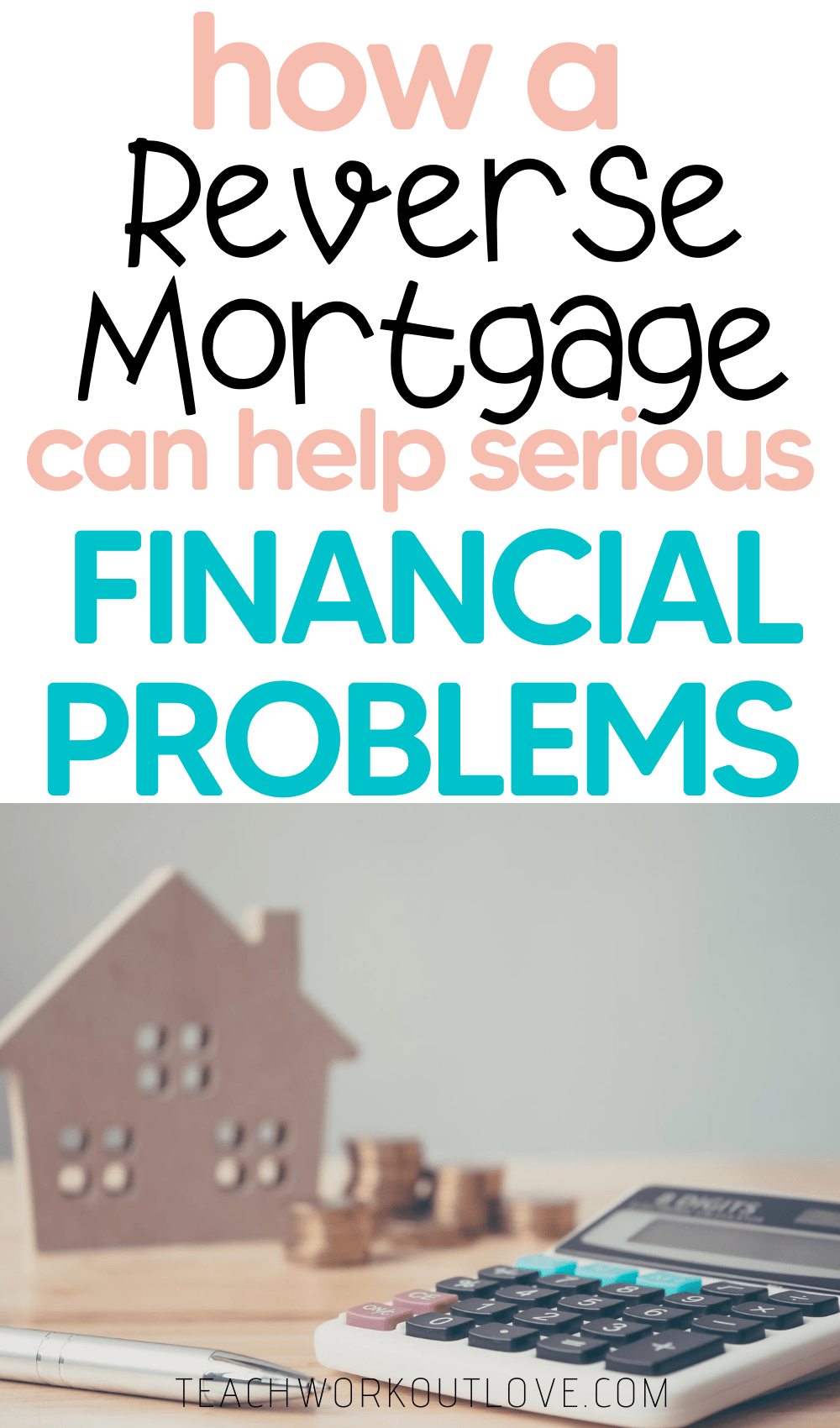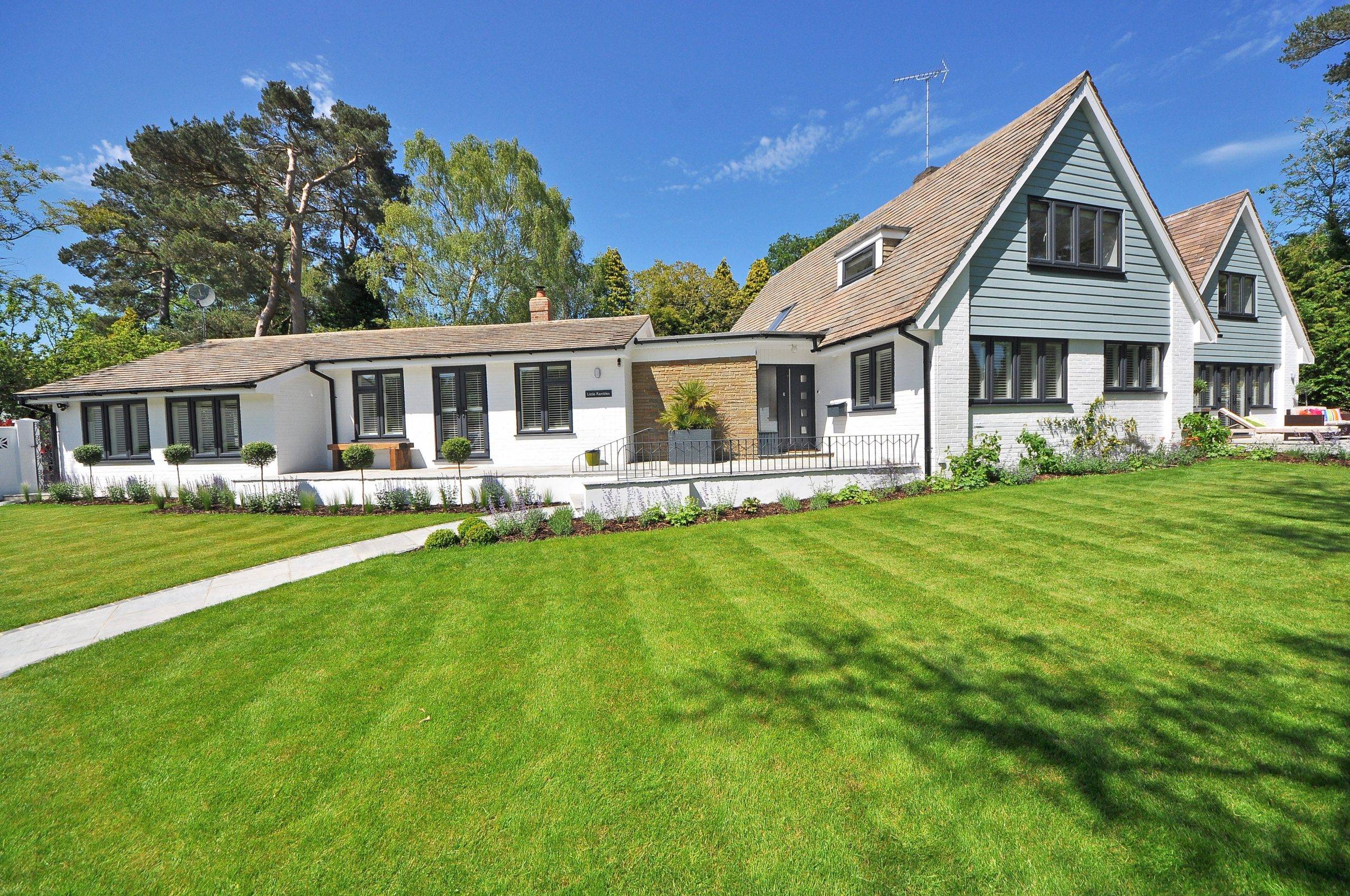
Life after retirement is an idealized pipe dream for many, but when it comes to the crunch and financial distress is an active factor in every decision you have to make, you need to find out what your alternative options are. Why not consider a reverse home loan, if you are over the age of 62 and looking for financial solutions? Here are some pointers to put you on the right road when considering a reserve mortgage.
What is a reverse mortgage?
A reserve mortgage is a loan like a traditional mortgage that allows homeowners to borrow money using their home as security for the loan When you take out a reserve mortgage loan, the title of your home remains in your name. That is similar to a traditional mortgage. What is different than a traditional mortgage is that borrows don’t make the monthly mortgage payments. This loan will now be repaid when the borrower of the loan no longer lives in the home. A reverse mortgage balance will grow yearly from interest and fees that are added each month. Homeowners must pay property taxes and insurance, as well as keep their house in good condition.
Flying solo or with the state
There are two ways that you can take out a reverse mortgage: via a government agency, or through a private lender, like a bank. If you take the government option, it is known as a home equity conversion mortgage and it is insured by the state. If you take out the loan through a private lender, it is known as a reverse mortgage. Both options are subject to the applicable federal laws, so ask your lender to help you if you are uncertain about the terms and conditions.
Payback time
The repayments on any loan is a massive headache for most people. You take out a conventional home loan, you would have needed you to pay back the loan monthly for as long as the loan is in action. However, with a reverse home loan you have far more room to move, and there is no actual need to make a repayment until the very end of the loan period. The loan will automatically come to an end as soon as you choose to move out of the home to which the loan is bonded.
How do I qualify?
To qualify for a reverse mortgage, you have to be 62 years of age or over, and you need to be the permanent resident and owner of the house you live in, which will also be the house that is linked to the loan. The value of your loan will be determined by the company where you apply. Although federal law prohibits you from borrowing the full equity value of your house, a detailed background and credit check will reveal what percentage of your home’s value you will be able to borrow in the form of a reverse mortgage.
This background check will cover all aspects that might affect your borrowing capacity, such as whether or not you pay your property taxes, whether you are compliant with insurance coverage, and whether you have enough money to continuously maintain and uphold the running costs of your home.
But I live here!
Good – because living in the home permanently, as well as being its primary owner, is one of the main conditions of being granted a reverse mortgage. If you happen to own a property which has multiple residences on it, you will still be required to live in one of them as your main residence, and the value of the property should be high enough to cover the outstanding balance at the end of the loan if the home had to be sold to cover costs.
Change in home price
What will happen if the price of my home goes up while I have a reserve mortgage? If your home increases in value in the future, you may consider refinancing your reverse mortgage to access even more loan proceeds. After the loan is repaid, any remaining equity belongs to you or your heirs. Setting up your future for success without financial instability is really key, especially for your heirs moving forward.
Watch out for scams
With anything, there are tons of risks. But with a mortgage, it is really important to make sure to get assistance and make sure that everything you are doing is legitimate. There are contractors out there that might approach a homeowner about getting a reserve mortgage to pay for repairs on their home. It is definitely worth getting a second option, as this may be a scam. Also, the Department of Veteran Affairs (VA) does not offer reverse mortgages.
What are the cons?
With every major purchase, there are always some cons. However, when stuck in a bad financial spot, it is a matter of determining which choice is the best one. One of the cons when getting a reverse mortgage is that the borrower must maintain the house and pay property taxes and homeowners insurance. To many, this is not a con as they have family members to help with the upkeep of the home.
Another con is you borrow against the equity in your home, which could be a key source of wealth and income. In a bad financial situation, this may not be the worst choice because you still can keep your home. With any loan, there are fees and other closing costs that are high and lower the net amount of the home. These are important things to think about prior to figuring out of you really want to take out the mortgage.
Overall
When the time comes for you or for a family member to look into a reverse mortgage, make sure to get financial advice before just signing up online. There are many great benefits of getting one and definitely worth looking into to help with a serious financial issue.
This post contains affiliate links and I may receive a commission, at no additional cost to you, should you purchase through one of my links. Please see my disclosure for more information.







